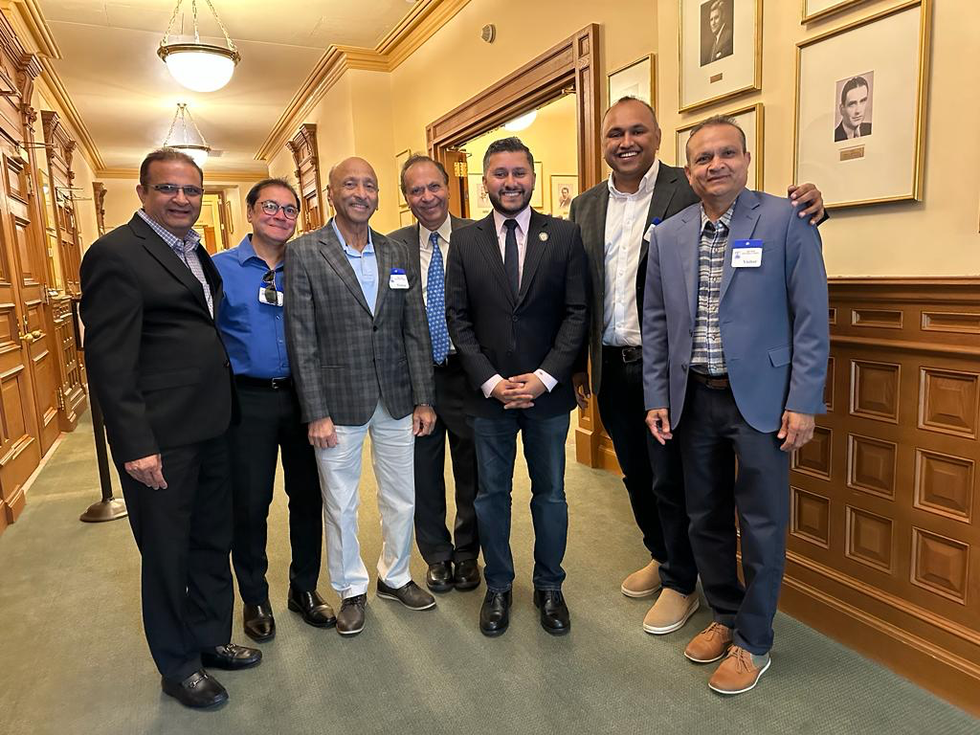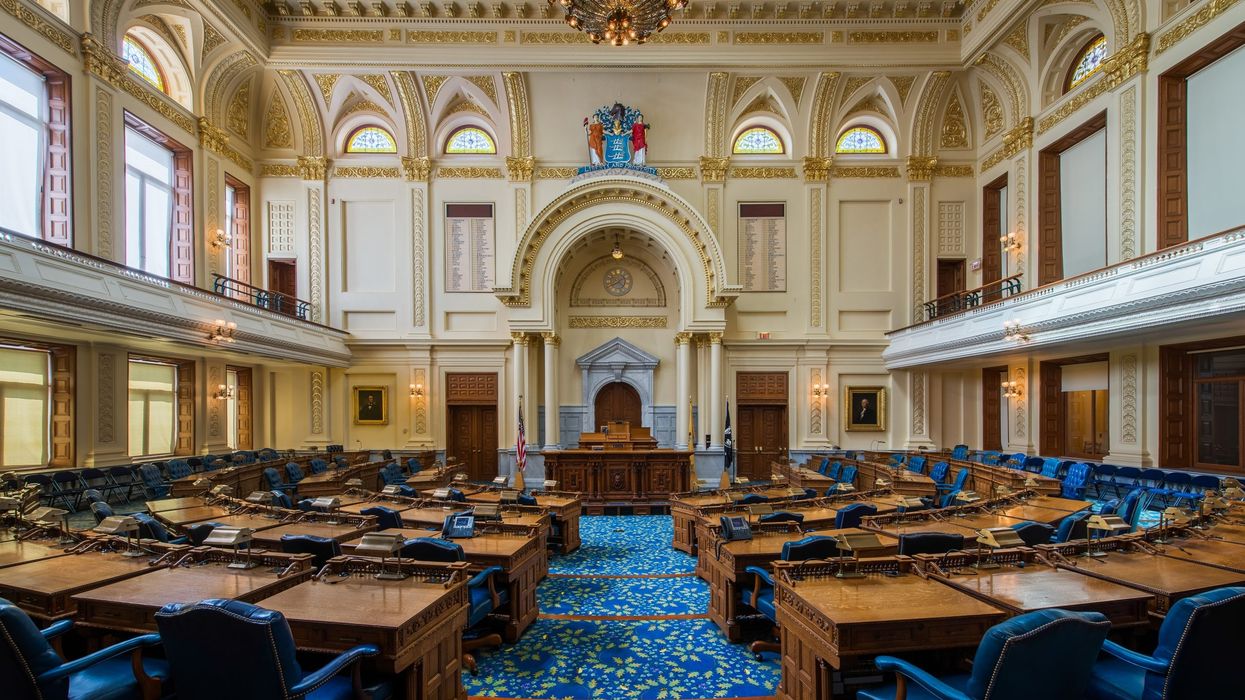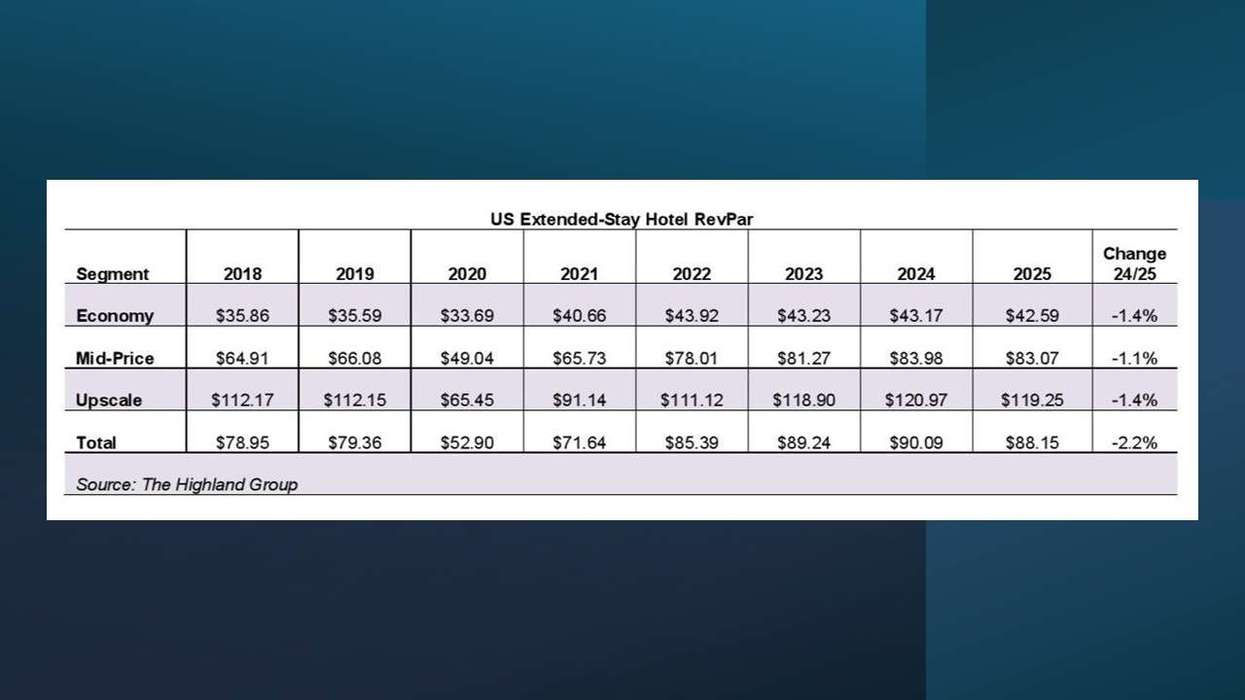ONE VERSION OF a proposed New Jersey bill that would reshape hotel franchising in the state has passed out of committee in the Assembly but efforts reportedly are under way to amend it to address opponents’ concerns. The Senate version of the bill remains in committee.
The American Hotel & Lodging Association, a long-time critic of the proposed legislation, called the Assembly Committee on Commerce, Economic Development and Agriculture’s passage of the bill a “dangerous step forward.” Supporters of the bill, including AAHOA as well as sponsors of the bill, did not respond to requests for comment in time for this article.
What’s at stake
The bills, A3495 in the Assembly and S2336 in the Senate, were introduced at the beginning of the year to replace the original legislation that stalled in the state’s legislature last year. It is essentially the same as its prior incarnation. Specifically, the provisions include restricting non-competes that are longer than six months; prohibiting requiring a relocation or capital investment greater than $25,000 more than once every five years unless hotel franchisers can establish a return on the investment; requiring a franchiser that receives “any rebate, commission, kickback, services, other consideration or anything of value” to fully disclose them to the franchisee and turn them over to the franchisee; putting restrictions on mandatory sourcing of goods or resources; and prohibiting suspending, restricting or preventing access to franchise services.
The original bill passed the state’s Assembly last May and was introduced to the Senate on June 1, where it was referred to the Commerce Committee and no further. Several members of the Assembly Committee expressed reservations about the current version, according to a statement from Kevin Carey, AHLA’s interim president and CEO.
A threat to the industry
Carey’s statement said the bill “would destroy the hotel industry in the state.”
“If A3495 and S2336 become law, they will lower hotels’ quality, service, and safety standards and drive many brand-name hotels out of the state. On behalf of New Jersey’s more than 45,000 hotel employees, we urge lawmakers to rethink this flawed legislation and have a transparent debate about the extreme negative effects it would have on the state’s economy and its hoteliers,” Carey said. “We applaud the committee members who today rightly acknowledged that the bill must be amended before full Assembly consideration and before they will consider supporting it. Franchising is too critical to the success of the hotel industry for this to be rushed through the legislative process, and we will be working closely with state legislators to ensure they understand the dangers this bill poses to New Jersey’s tourism industry.”
AHLA said that, in its current form, the legislation would limit the ability of hotels to enforce brand standards related to quality, service and safety guidelines. Other concerns the association have include:
- It would require brand improvements such as Wi-Fi, mobile check-in, breakfast, etc., to be negotiated property by property, which would weaken brand standards.
- Allow hotel owners to use “comparable” products to those required by brands, leading to increased litigation as both parties try to determine what is comparable.
- Force hotels to allow their federally registered trademarks to be used on “comparable products,” undermining the value and destroying the trust in these trademarks.
- Undercut the loyalty points system that many brands use to reward loyal customers, which could force many brands to terminate these loyalty programs in New Jersey.
Silence from the other side
State Sen. Raj Mukherji, a major sponsor of the bill along with Assemblymen Robert Karabinchak and Ronald Dancer, did not respond to a request for a comment in time for this article. Karabinchak also did not send a comment in time, but according to AHLA he said lawmakers are working on amendments to the bill that would address the concerns of hoteliers.

AAHOA, which faced boycotts by Marriott International, Choice Hotels International and other major hotel companies over its support for the bill, also did not produce a statement on A3495’s passage by the committee. In February, Laura Lee Blake, AAHOA’s president and CEO, spoke to Asian Hospitality about the association’s support for the bill.
“The owners are heavily asset loaded, and seeking to secure laws that safeguard their NOI against the franchisers’ sometimes unscrupulous and overreaching practices,” Blake said.
Blake said she addressed the conflict with Marriott and others somewhat obliquely while participating in a CEO panel at the recent American Lodging Investment Summit in January.
“In this role as leaders, we're often expected to take risks. That's part of the job,” Blake said. “We step out to make significant changes because we believe it is necessary to advance the cause and mission for the sake of our members and stakeholders. For AAHOA, that might mean taking a risk on legislative positions because we are trying to do what is best for our members. At the same time, sometimes the proverbial landscape changes and we have to be adaptable to what's happening around us.”
At AAHOA’s 35th Annual Convention & Trade Show this year in Orlando, Marriott came back to the show with an appearance by Liam Brown, the company’s group president for the U.S. and Canada. Brown said there are many challenges in the hospitality business today.
“I really, really believe that by keeping the lines of communication open and leveraging our collective expertise, we can overcome these challenges together and be a real force for good in our industry,” Brown said.






